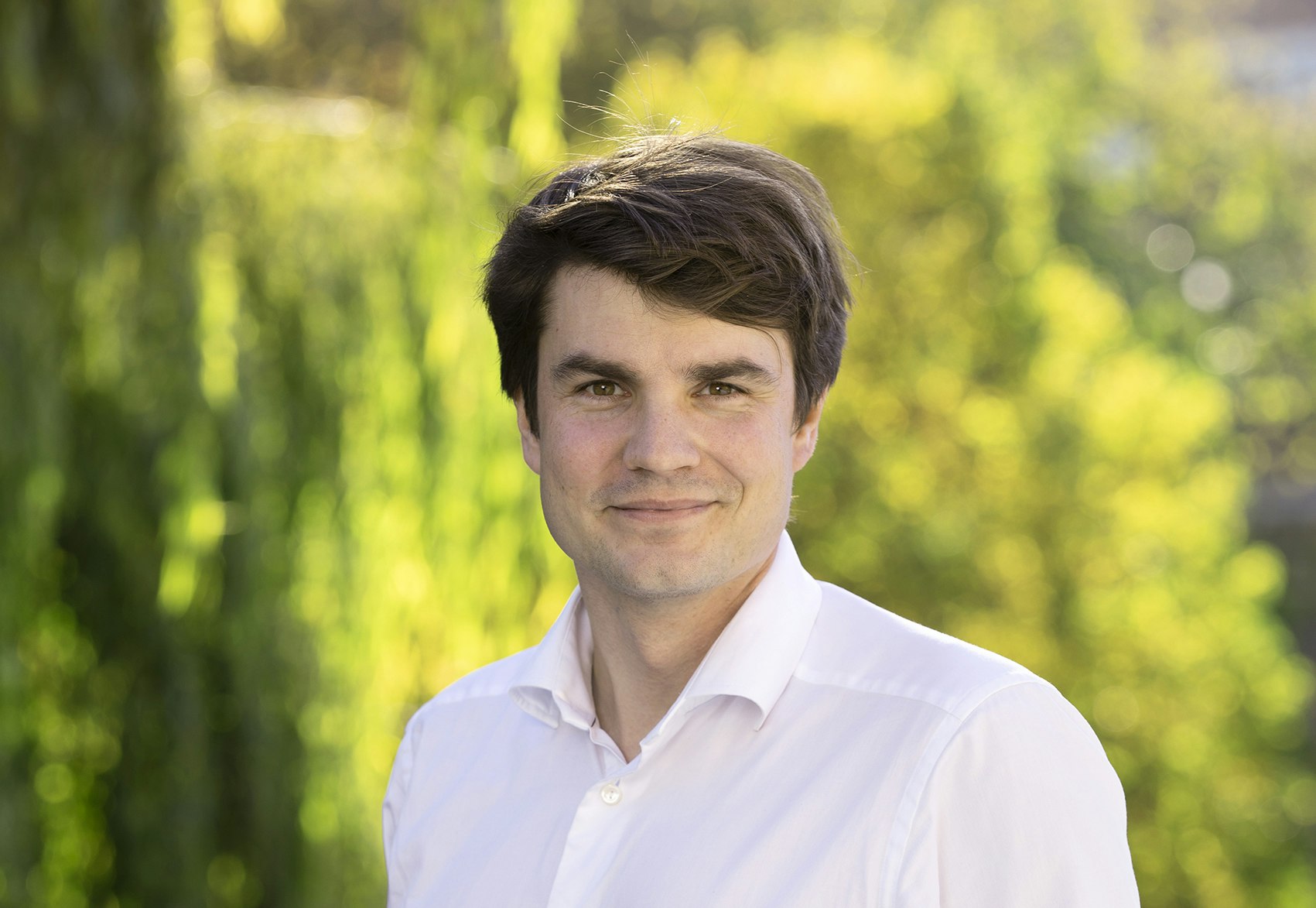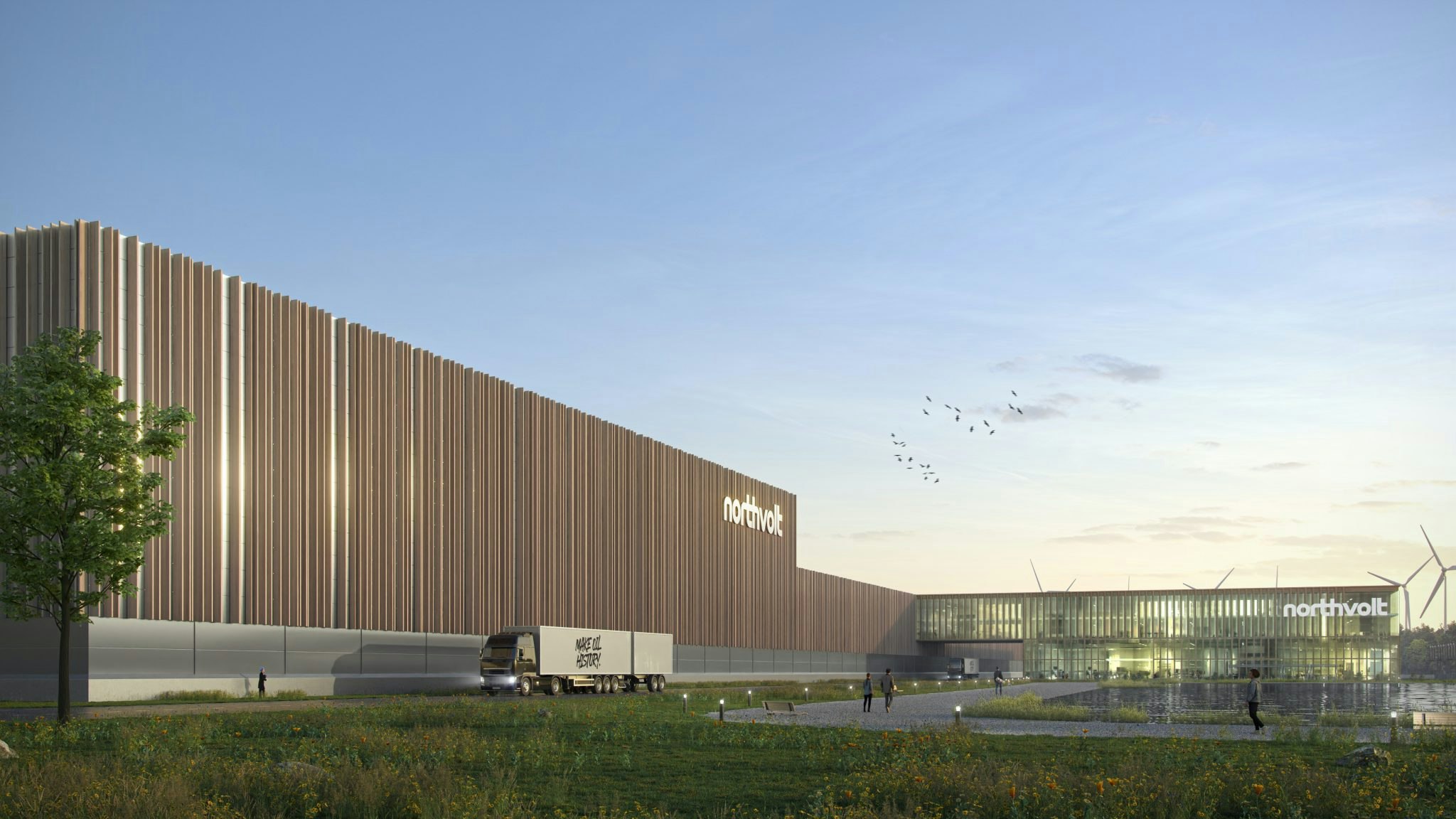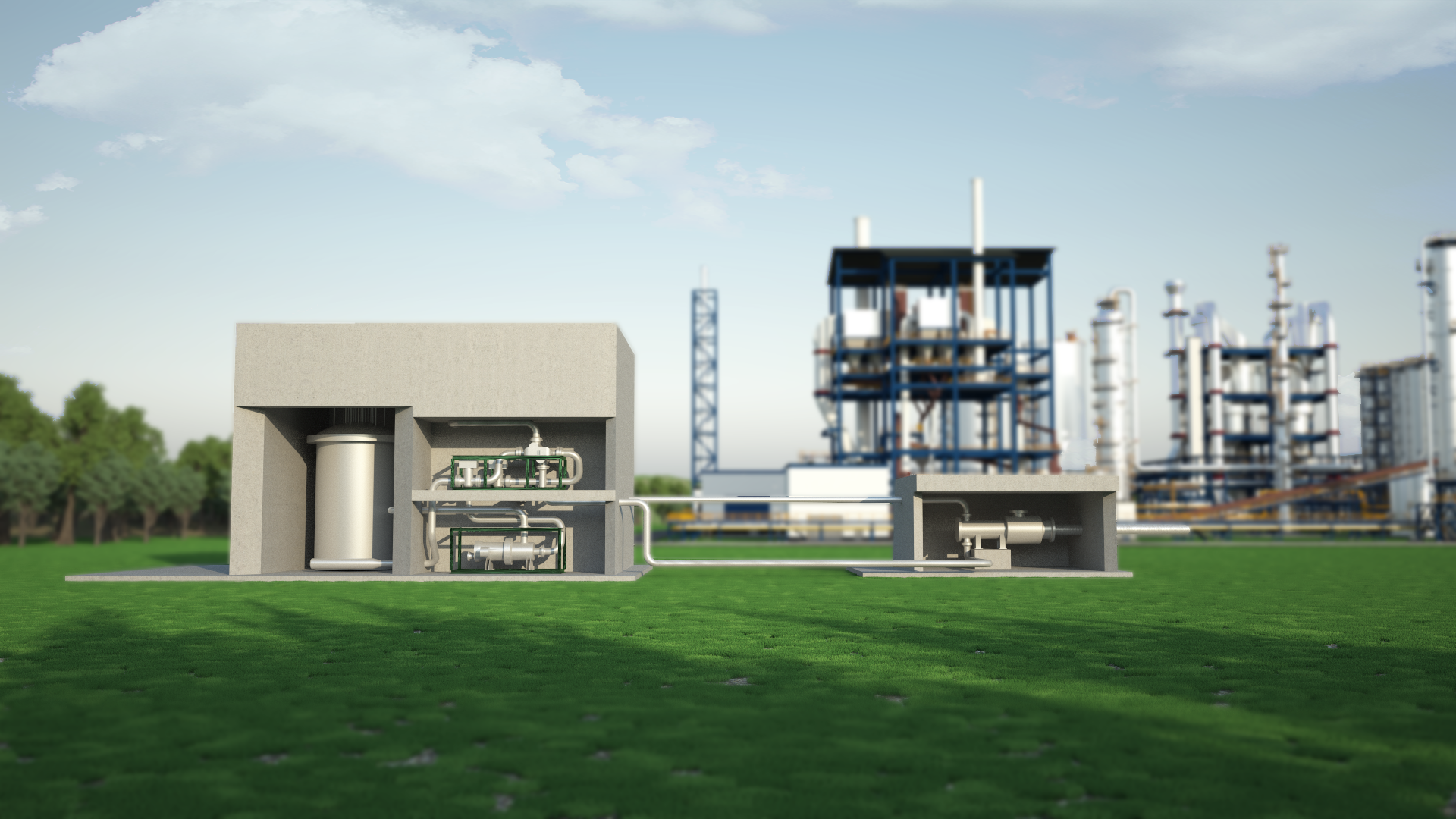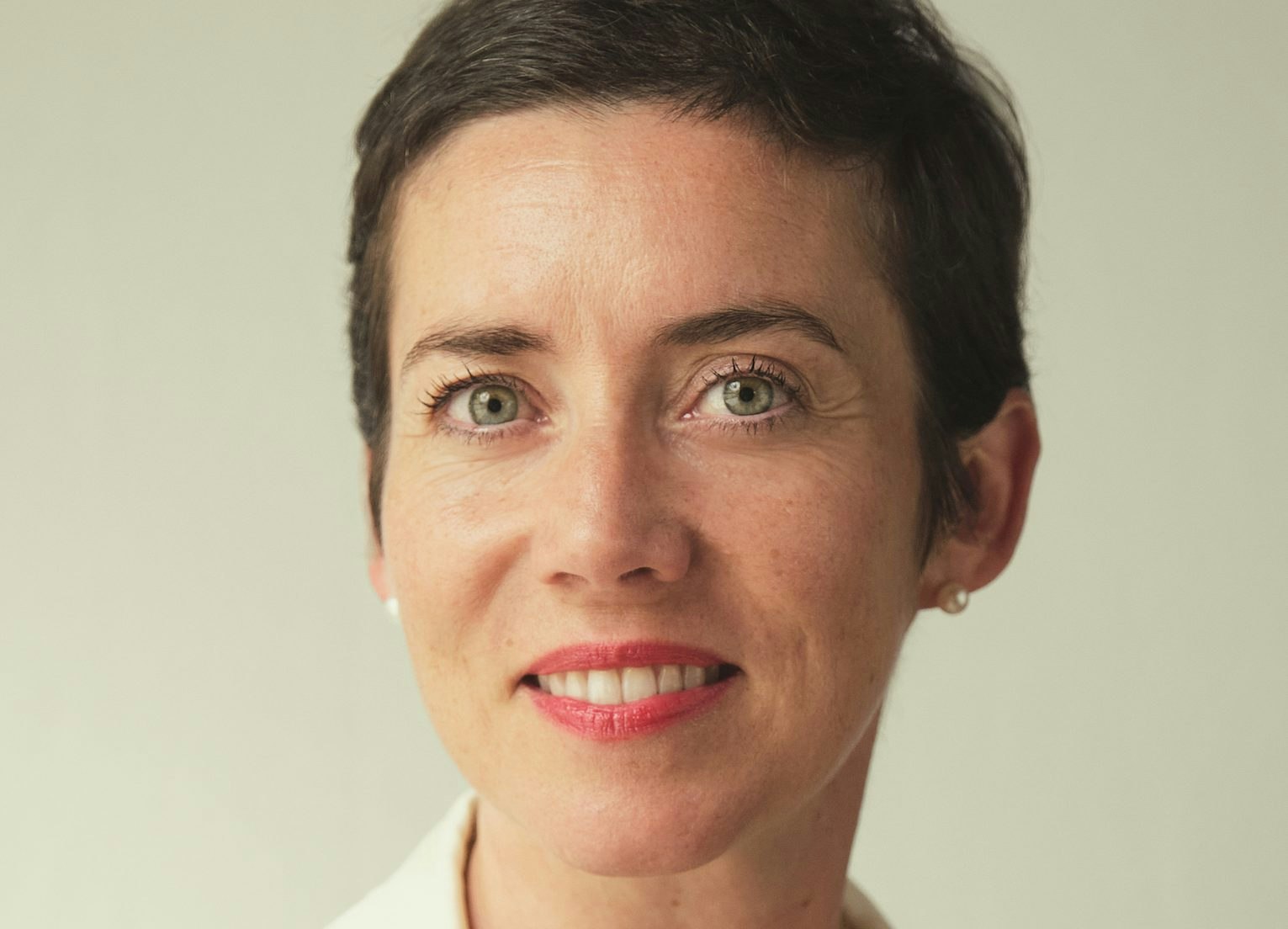If you follow tech news, you might have raised an eyebrow when reading news of Ingrid Capacity’s $100m raise this past April.
Led by Singapore-based investor BW ESS, the round was a sizeable amount for a company founded just one year prior — and amid a tough fundraising environment. But even more surprising: not a single founder was mentioned in the press release.
That hasn’t stopped the infrastructure startup from setting up six energy storage facilities with a capacity of 100 megawatts — enough to cater for about 100k people — across Sweden. The company, set up in April 2022, is focused on developing large battery energy storage systems, used to store electricity from the grid when there’s a surplus and then release it when demand is high. Ingrid uses LFP batteries (lithium iron phosphate).
The company has also wooed Sweden’s former minister of energy and former minister for business, industry and innovation, Ibrahim Baylan, to come on as a board member.
But who are the people behind the company and what makes them successful in a rapidly growing sector?
The battery expansion of Sweden
A few years ago, battery energy storage solutions weren’t a hot topic in Sweden. But a fall in battery prices — because of technological advancements — and higher electricity prices have sparked investment and the use of batteries as an energy storage solution.
“We were going around trying to make a case for investing in batteries in 2021, but it was hard to get people to buy into it. Now the tables have turned and people are calling us up, being more optimistic about batteries [for storage] than we ever were,” says John Diklev, founder of the Swedish electricity startup Flower.
Ingrid Capacity’s chief strategy officer and early employee Nicklas Bäcker says the people who started the company foresaw the boom in electricity prices in Scandinavia that started in 2022 and believe that those prices will soon decline and normalise. He says it’s been key for companies such as Ingrid Capacity to catch the cycle right to grow quickly.
“When you deregulate these energy markets, possibilities are created for companies like ours, but only under a time window. So if you are strategic and good at building cost-effective systems around these services then it can be a springboard to build a very large company — and that has happened to us.”

Bäcker says that in Sweden specifically, the combination of a massive price reduction of batteries, a proven technology of these kinds of flexible energy services and deregulation made a fast launch possible.
“This has also been the reason for the interest among investors when Ingrid Capacity was raising money at a time when raising capital wasn’t beneficial for most startups,” he says.
European expansion
Former business minister Baylan, now on Ingrid’s board, was also the one last month to sign a memorandum of understanding on behalf of the company with Ukrenergo — Ukraine’s power transmission system operator — to develop large-scale battery storage systems to secure the Ukraine power system.
Ukraine is only one piece of the company’s European expansion plan.
According to Bäcker, countries increasing their intermittent electricity production, including solar, wind, tidal and wave power, will need to balance the power by investing in batteries.
“We look at the European countries that have that situation today,” he says without wanting to go into more details about which countries.
The ‘no founder names’ policy
So what’s the deal with not revealing any founder names?
In the startup world, the founders or the CEO are predominantly the ones to be the face of the company. But there is no mention of the company’s founders in any of the 17 press releases from Ingrid Capacity since 2022. The company home page also lacks a section on the founders or the management team.
LinkedIn is more useful.
The platform lists John Hunter, Arvid Lilljeqvist and Niklas Möller as cofounders of the company on their respective LinkedIn pages.
None of the named founders are technical experts on energy storage solutions.
However, Lilljeqvist, also the CEO, has extensive knowledge of business development at Vertiv, a global provider of critical infrastructure technologies.
Möller is a serial entrepreneur and one of the founders of the Swedish fintech Capcito acquired in full in 2023 by Swedish software company Fortnox. He is also an investor through his investment company Springbacka, which is a backer of Ingrid Capacity.
Hunter, interestingly enough, has a past in property development, which is useful experience for a company like Ingrid Capacity, according to Bäcker.
“We’ve built a team that has those competencies that are needed. It is foremost energy expertise but then there are permit issues, land issues and procurement issues and for those we have benefited greatly from having real estate experts on board,” Bäcker says.
Bäcker, who has also joined the rank of cofounders, according to the communications team at Ingrid Capacity, cannot comment on why the founders are so shy to be displayed on press releases or the home page, but maybe it is a way to circumvent any criticism from energy experts at the large energy suppliers.
“We are building a company and when we send someone out to talk about it we believe it should be the person best suited to do so,” he says.


